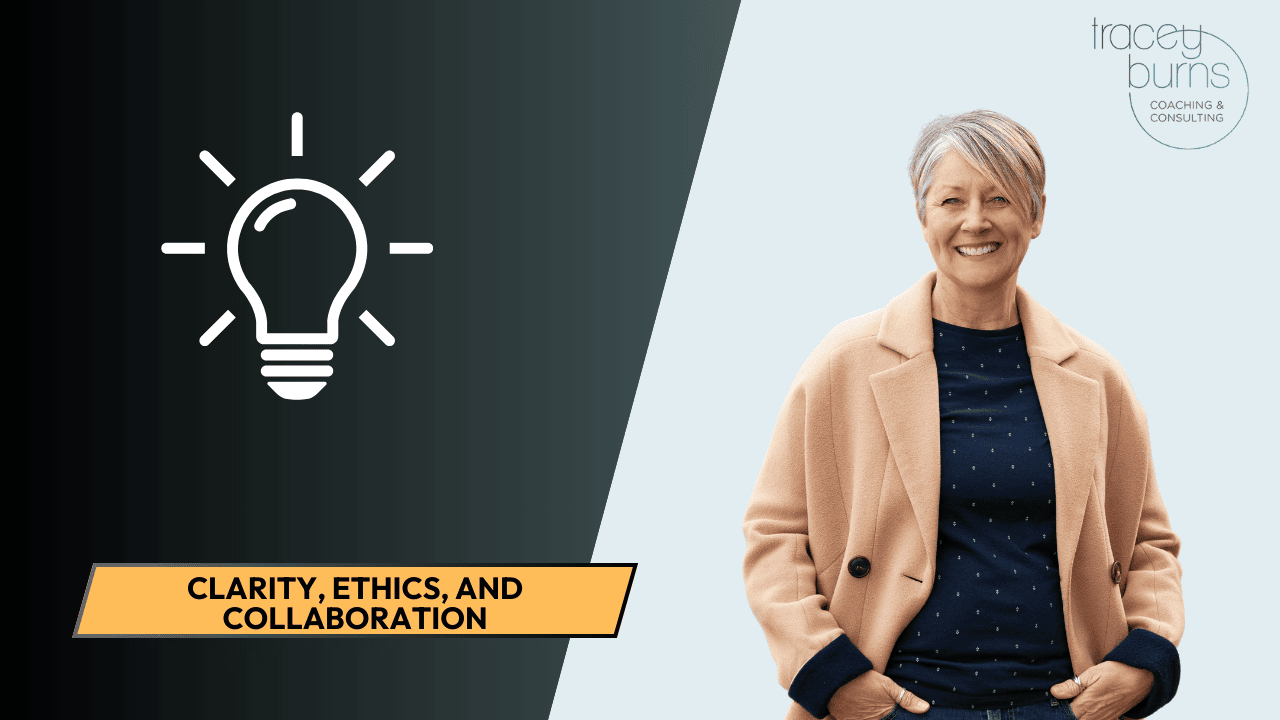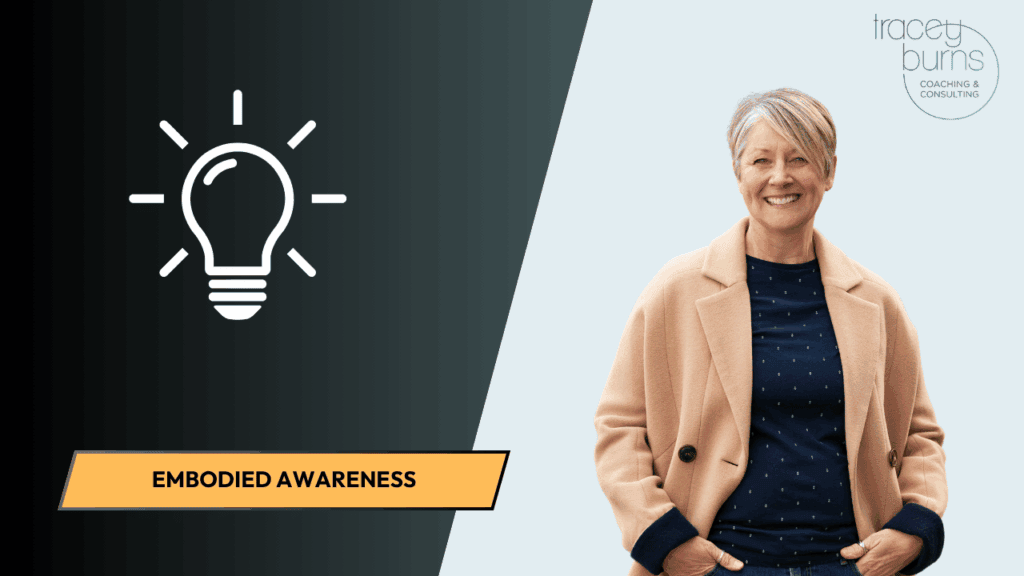When I was first introduced to “coaching”, I fell in love with it as an art form, a creative, magical, astonishing process. I was so profoundly moved by the experience that I wished upon a shooting star that one day the world would be full of coaches and that the process would be adopted as a way to facilitate peace and evoke innovation.
Today, my dream has come true, just not exactly how I originally imagined it. There are indeed many coaches: fitness coaches, performance coaches, real estate coaches, financial coaches, mindset coaches, divorce coaches, health coaches, marketing coaches, motivational speakers who are called, life coaches. In some of these cases, (not all) the art form that I know to be coaching, actually more closely resembles therapy-lite, teaching, advising, consulting and sometimes even coaxing, coercing and cheerleading.
No wonder consumers are more confused than ever.
These services are valuable in many contexts but it isn’t the coaching I fell in love with. The coaching I speak of upholds a different kind of conversation: one where expertise takes a back seat to a clean, reflective space that helps clients discover their own wisdom, to build capacity within and to emerge anew. So far, this experience is most closely represented and upheld by ICF (International Coach Federation) trained coaches who are able to elegantly demonstrate the organic weaving of the framework offered by the core competencies.
What Makes This Coaching Distinct
In ICF-Style coaching, “telling” and “teaching” are set aside in favour of presence, curiosity, and reflection. Done well, the coach fades into the background and the client leaves surprised by insights that feel like they came from deep within themselves.
Coaching feels like virtual reality without the headset.
This is what I love most: the art, creativity, and magic in the process. There’s something extraordinary about watching clients discover parts of themselves they never knew existed.
Why the Confusion?
Over the years I’ve watched:
- Experts win engagements over brilliant ICF-Style coaches simply because of their other professional titles.
- Training programs call themselves “accredited” while teaching advice-giving instead of coaching.
- Social media influencers commercialize coaching language without context, sometimes causing harm.
- Therapists, consultants, and HR professionals using “coaching” to describe other valuable services that don’t align with ICF-Style coaching.
None of this makes those practices or people wrong but it does blur the lines significantly for clients and consumers today.
The Role of Ethics and Credentials
The ICF Code of Ethics acknowledges that professionals often serve in multiple roles as mentor, therapist, HR specialist, consultant and requires coaches to disclose when they are not acting as coach. This transparency matters for clients and for the preservation of the distinct mode of this unique process.
Credentials help draw distinctions, but even those can be muddy, especially when a play on words is used in titles. For example, a Master Certified Coach (MCC) is a globally recognized ICF credential, while a Certified Master Coach may indicate the completion of a course that doesn’t include any trace of the competencies included in the art form.
The slight shift in wording isn’t always obvious to consumers who are shopping, which is why honesty and clarity are essential and due diligence imperative to ensure you’re engaging with the art form. (If that is indeed what you are seeking.)
The ICF isn’t the only professional body setting standards. The European Mentoring and Coaching Council (EMCC) has its own rigorous framework, with levels from Practitioner through Master Practitioner, and a strong emphasis on supervision and reflective practice. Both ICF and EMCC raise the bar for our profession and encourage transparency in training, credentials, and methodology.
Collaboration Across Fields
Many professionals still adopt the title “coach” without formal training and why not, it isn’t about restricting the use of the word. It’s about preserving an art form. While this is confusing for consumers, it also opens a door: we can collaborate, align on ethical principles, and learn from one another. Coaching, therapy, consulting, and emerging health practices can share approaches that expand what’s possible for clients.
ICF-Style Coaching is not therapy. It’s not consulting. It is its own discipline, with clear methodology, ethics, and standards. That distinction matters and, we can work together across fields to better serve clients.
Closing Thought
As coaching, therapy, and emerging health practices continue to evolve, we have a unique opportunity: to clarify our roles, collaborate across disciplines, and preserve coaching as a ritual, a timeless art form that carries its magic forward and shapes the way our world evolves.
And that, to me, is the real magic of coaching.
Professional Coaching Development for Coaches, Therapists & Wellness Practitioners
Interpersonal dynamics shape every coaching conversation. How you show up, listen, speak, and relate determines the depth of trust and impact with your clients. Attending to relational agility and the way of being that drives behaviour allows you to navigate complexity, work with growth tension, and support deeper, ethical transformation.
Advanced coaching development includes:
- Supervision and Mentor Coaching
- From Being to Booked: An Ontological Approach to Filling Your Practice
- Ontological and relational coaching mastery
- Ethics & Core Competency Mastery
- Navigating complex client dynamics
- Expanding your coaching confidence
- And so much more!
Check out all the resources available for coaches here.





